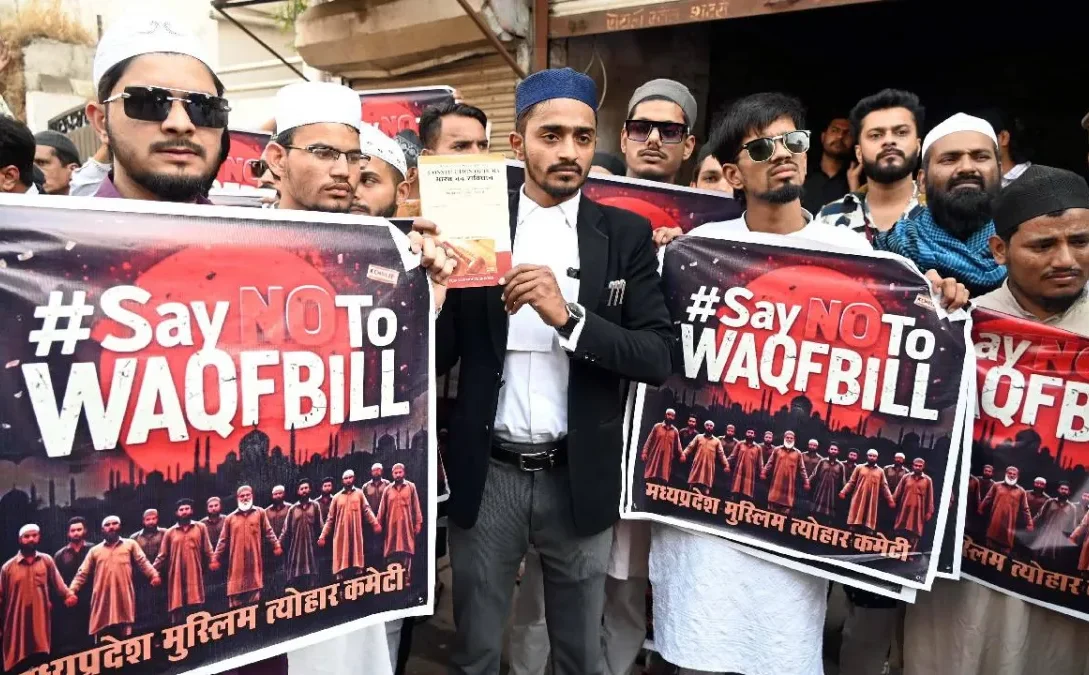The Supreme Court of India has stopped key provisions of the Waqf (Amendment) Act 2025. The new law faced strong opposition for changing how Muslim charitable properties are managed.
Muslim groups and opposition leaders said the law limited community rights. The government, however, argued that the law would improve transparency and accountability.
What is Waqf Property?
In Islam, a waqf is a donation for public welfare. These properties, worth billions, support mosques, madrassas, orphanages, graveyards, and schools.
Since 1995, the Waqf Act has governed these lands. State boards manage them with the help of councils.
Key Changes in the 2025 Amendment
The BJP-led government introduced major changes in April 2025:
-
Government power to decide if land is waqf.
-
Proof of ownership with legal documents only.
-
Donors must be practicing Muslims for at least five years.
-
Inclusion of non-Muslims in state and central waqf boards.
These rules created anger and concern in the Muslim community.
Supreme Court’s Verdict
The bench, led by Chief Justice BR Gavai and Justice AG Masih, gave a balanced order.
-
It blocked government control over waqf disputes.
-
It removed the 5-year Muslim donor condition.
-
It allowed non-Muslims in waqf boards but limited seats: 4 in the 22-member central board, and 3 in the 11-member state boards.
-
The court advised that waqf board CEOs should come from the Muslim community.
Why This Matters
The decision is a win for India’s 200 million Muslims. Waqf properties are vital for religious and social life.
Critics said the law gave the government too much direct control. That could harm community trust and create new disputes.
The court’s ruling protects constitutional rights while keeping some transparency goals of the law.
What Happens Next?
The case will continue in the Supreme Court. Muslim groups demand that the entire law be scrapped.
The government insists it only wants fair and clear management of waqf assets.






















